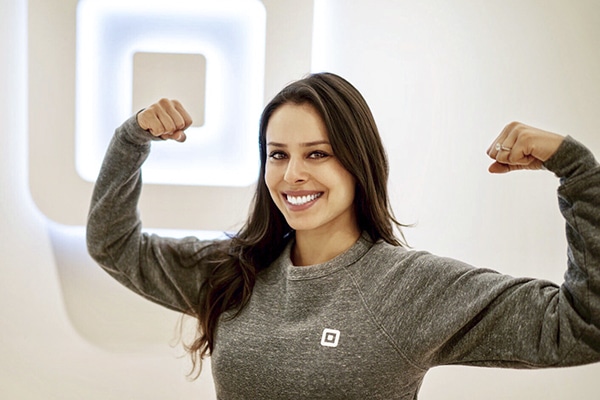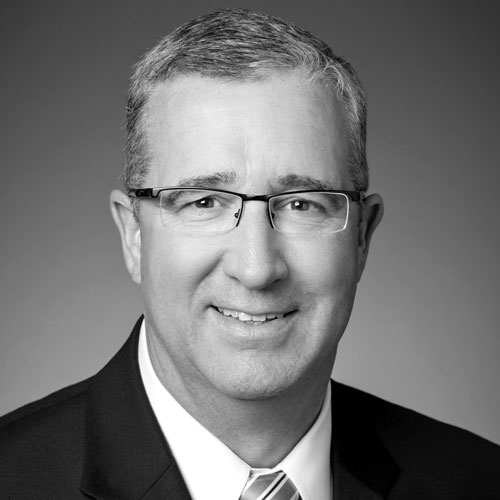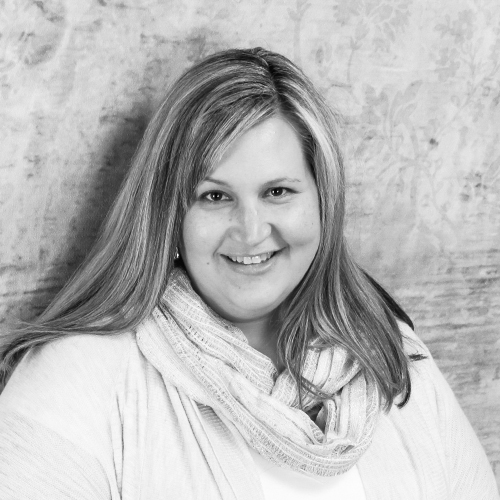Medha Rishi began her career in HR consulting with Mercer and Aon Hewitt. As she got back in touch with her international roots, she transitioned to a more global HR focus, which provided the opportunity to work with multinationals in nearly forty-five countries. In 2016, that experience and expertise perfectly positioned her to move to Square, where she is spearheading employee experience efforts as global head of benefits and mobility.
Her dual role is critical to company’s globalization efforts. Square has already tripled its reach to include about one hundred employees (the company refers to them as Squares) in Canada, the United Kingdom, Ireland, Australia, China, and Japan, in addition to about 2,500 in the United States. Rishi spoke with American Healthcare Leader to highlight the importance that these functions play in supporting the company’s objectives.

From a health and benefits perspective, what are the biggest challenges as the company grows so quickly?
Rishi: Square has a philosophy of being “fair and square” across the board. As the company expands internationally, it means maintaining sensitivities to different cultural norms. I call it “glocalization” as we customize our policies accordingly. For example, we worked on introducing flexible time off in a way that it would be consistent across borders and would work with existing local time-off statutes. It was a challenge in countries such as Australia and France where extensive mandated time off was balanced in Workday’s Global Leave Management software by creating customized tracking rules and allowing for manager discretion disciplines. Whatever the challenges are, I take a holistic view that incorporates and customizes for all elements of health and wellness and balances cross-border requirements under an overarching umbrella of global philosophies.
What other specific priorities help guide your development of global benefits?
Rishi: I have created a six-tier assessment model: philosophy, culture, benchmarking, finance and compliance, principles, and innovation along with a benefits philosophy based on Maslow’s Hierarchy of Needs model. We map those different motivators under the hierarchies of physiology, safety, belonging, esteem, and self-realization to each one of our benefits programs.
Then we focus on our culture and employee feedback to define core principles around healthcare, well-being, retirement, and mobility. Keeping those in mind, we conduct research to make our programs competitive, financially balanced, and compliant. Last but definitely not least, we develop an innovation angle to every program to ensure we act as benefits pioneers.
You mentioned mobility. How do benefits and mobility work together?
Rishi: Mobility comprises relocation and immigration components, and other aspects of skill transfer and career growth. Each of these functions serve the same purpose—to reward, recognize, and promote employees’ overall well-being. I’d classify it all under the umbrella of employee experience. As an example, we will be developing a platform called Square of Life, which walks our employees through their professional life cycle and what’s available to them each step of the way. Any time someone is experiencing a change in their lives—whether that’s marriage, a baby, or relocating to a new position or country—the platform is a resource that references all the benefits that are available and how they work together. It’s also a tool that helps us to keep pushing the boundaries with benefits that address changing demographics as baby boomers and Gen-Xers retire and millennial employees need help with things like elder care. It’s all part of making benefits integral to the overall life cycle in every location and at all phases of one’s career.
As a technology innovator, does Square take an innovative approach to HR?
Rishi: We have a people leadership team designed to ensure that the company’s top priorities are always represented by a specific leadership person. The team currently includes benefits, compensation, analytics, HR, programs, and talent.
Do you provide any offerings that directly address changing healthcare delivery models?
Rishi: I want to make accessing healthcare as easy as possible. I am evaluating partnerships with some other tech peers to create a wellness clinic based on shared-services as well as childcare centers in San Francisco. The clinic model integrates all aspects of mind-body-health services such as primary care, labs, prescriptions, physical therapy, acupuncture, massage, and group and individual counseling. The childcare center could be a babysitting-education based solution for our “Squarents.” I’m also exploring a complete telehealth virtual services model (via phone and FaceTime) and a doctor-on-demand model that brings a physician to the patient. Some components of telehealth are already in place through our insurance providers, and we are assessing a broader service platform with a doctor-on-demand model this year.
How do you feel about your tenure at Square so far?
Rishi: It’s been a fun ride. My team has tripled in size, and we’ve built core functions like the HR operations team, a business partner team, mobility functions, and our culture focus. Anytime you get to build things from scratch and see their evolution and market recognition, it’s rewarding and fun. I always keep in mind something my grandfather taught me: “Be healthy, wealthy, and wise.”
Sutter Health | Aetna brings together Sutter Health’s network of doctors and hospitals with Aetna’s leading health plan experience. This joint venture aims to deliver a differentiated, personalized experience for members and is designed to improve efficiency and lower the cost of care, resulting in greater affordability.
Health benefit plans are administered by Sutter Health and Aetna Administrative Services LLC (Sutter Health | Aetna).
7S.12.900.1 CA (5/18)



